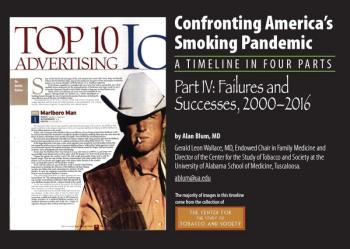
Gentle reader, the hour is late. As the poet said, almost all of the grains of sand allotted to 2016 have sifted down onto the pyramid of memory. Before this year’s hourglass empties, though, let’s take a moment to reflect on some of the phenomena we observed during the past months in this esoteric branch of medicine.







